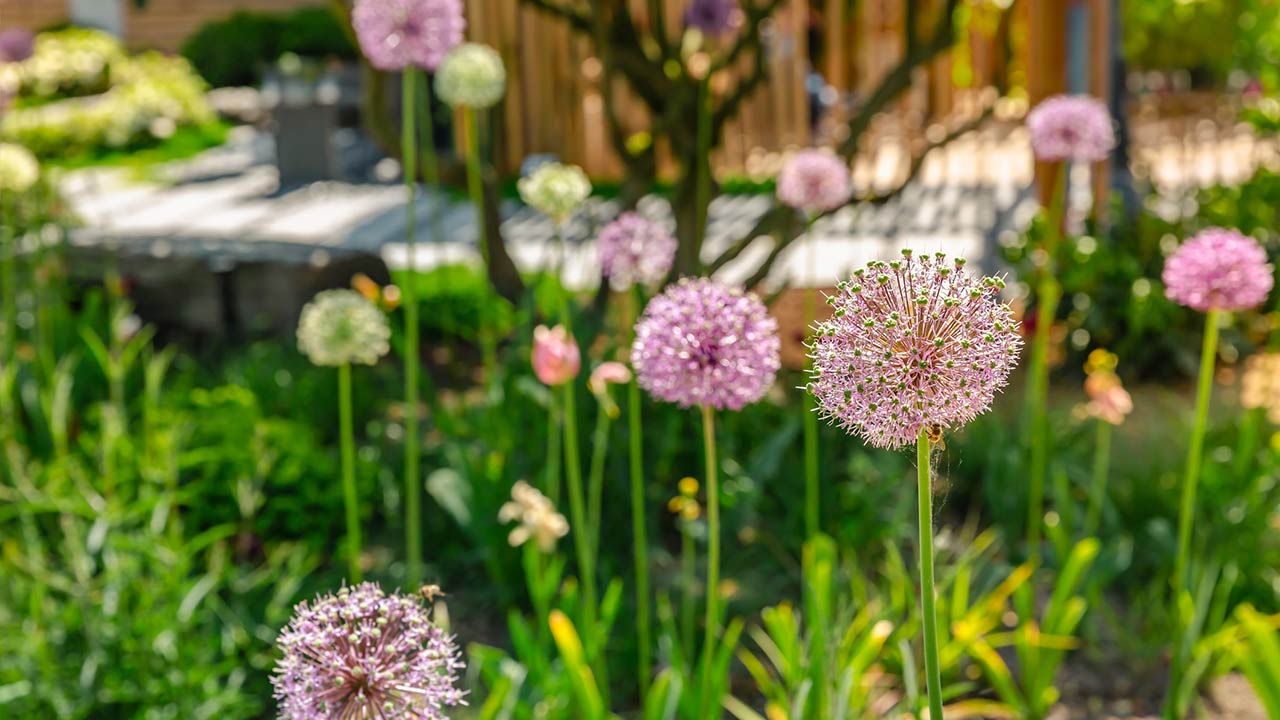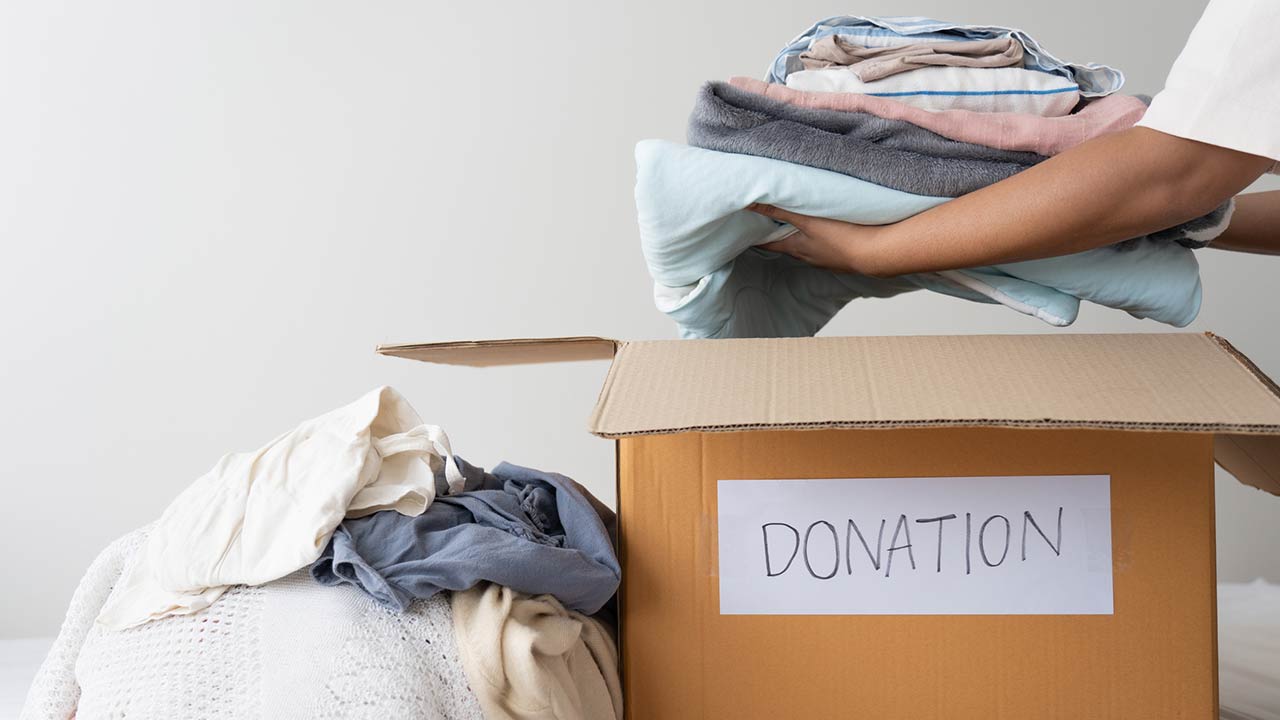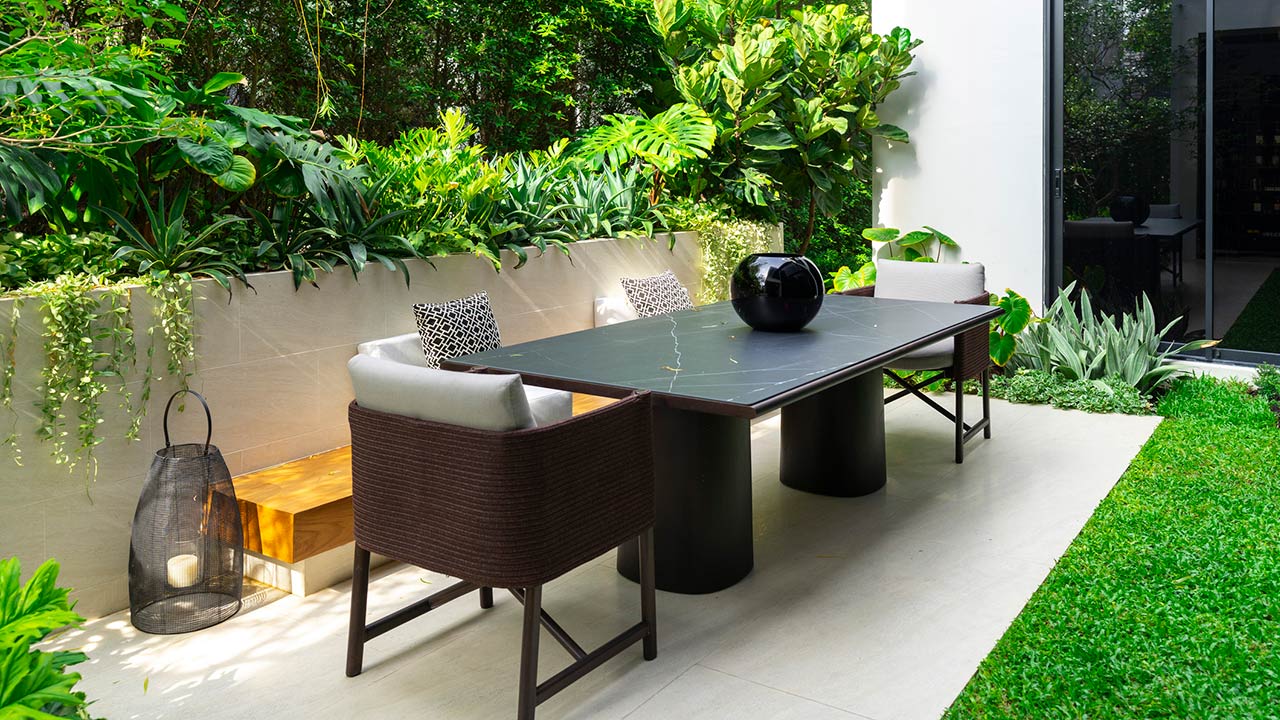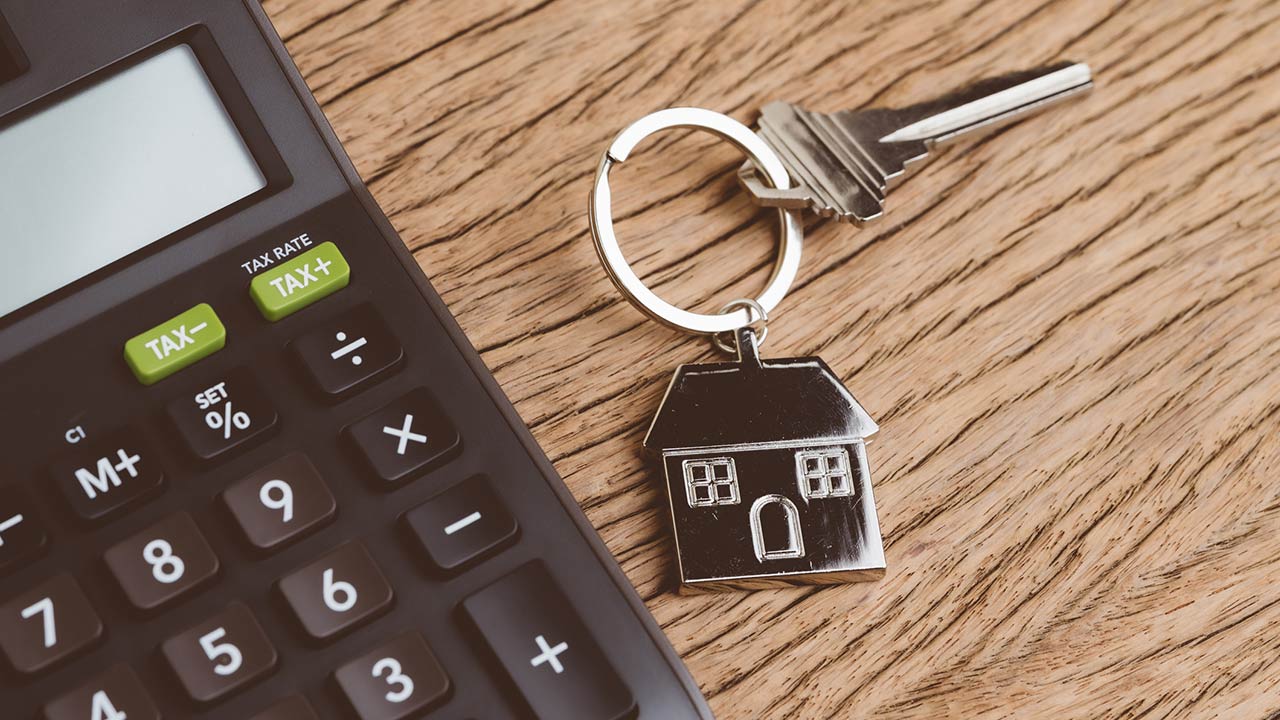6 Factors to Consider When Estimating Your Apartment’s Utility Expenses
When you’re out looking for an apartment to rent, don’t just look at the monthly rental cost. Utilities are hidden costs that renters often don’t think about when scoping out their next place to call home. Before you sign a rental agreement, figure out if you make enough money to not only pay for the rent, but all the other expenses that come with it. You don’t want to wind up without air conditioning or internet service just because you failed to include the utilities in your budget.
Here are 6 factors include in your calculation to gauge what you’ll be spending for your apartment’s utilities.
1. Electricity
How much you’ll be paying for your electricity bill will obviously depend on how much you use. If you’re constantly watching television, running the dryer four times a week, and blow drying your hair every day, the number could easily go up.
The same is true if you’re notorious for leaving the lights on when not in use, or if your appliances are old and not energy efficient. On average, you can expect to pay anywhere between $30 to $50 per month on electricity for a typical apartment unit.

2. Gas
Some buildings that have gas ranges in the apartment units will require natural gas hook-ups to run these appliances, which renters might have to flip the bill for. Depending on how much you like to cook, the gas bill for an apartment should be minimal – anywhere between $15 to $30 per month.
However, if gas is required to heat the place, the bill will definitely be higher. In this case, you could be looking at paying at least $100 per month in the winter if you like to stay warm and toasty during the cold months of the year.
3. Heat
If the apartment building is heated through radiators, you probably won’t be paying for heat. However, if the building is heated through gas, or if you happen to be renting a floor in a house, you’ll almost certainly be paying for heat. Unless your landlord specifically states “all utilities included” in the lease, don’t assume that you’re off the hook.
If the house is heated through oil, you could be looking at over $150 per month for a single floor (such as a basement apartment). If the house is heated through forced air or gas, the cost can be lower – about $80 per month in the winter – though this cost can vary. You can always ask the previous tenant or landlord how much these bills have typically been prior to you taking up occupancy.

4. Air Conditioning
If you live in an area with average weather, you’ll probably only be running your air conditioner a few months out of the year. When you do, expect to pay anywhere between $250 to $300 per year on average. Most apartment dwellers use their A/C three to five months out of the year, and in more northern areas, the A/C might only be used a handful of times throughout the summer, making it a much smaller expense.
The deep south is a different story. While most places in the US might warrant the A/C running between June to September, other places like Florida, Arizona and Texas will probably need it running almost every month of the year. In this case, you can expect your A/C bill to run much higher, as much as $800 annually. Your saving grace in this case is that you’ll probably be saving a lot in heating costs.

5. Cable, Phone & Internet
Expect to pay about $100 to $150 for all three services. Most companies will offer bundle packages, which can save on the cost compared to buying each service separately. An increasing number of people are choosing to forego their land lines in favor of using their cell phones as their main point of contact. If you choose to follow suit, you can shave a few bucks off the cost of having a home phone.
Cable is another service that you might to consider opting out of if you want to save even more cash. This can be a big expense, especially when television companies force you to buy a package just to get that one channel you really want. Not only that, but companies often offer “free” premium channels for a limited amount of time, hoping that you’ll get hooked on them before the term expires. After that, you’ll be dinged with the full cost if you don’t cancel before the deal expires.
These days, you really can get away with having only the internet, which will cost around $30 to $50 per month. With an online streaming service, you can get your fill of television shows and movies for a fraction of the cost of buying cable.

6. Renter’s Insurance
Always get renter’s insurance when you move into an apartment. Yes, it’s an added expense, but it’s cheap, and it could really be a life saver if anything should happen to your stuff. For as little as $10 to $15 a month, you can cover your belongings if your apartment ever gets burglarized or experiences a fire or other disaster.
At the end of the day, you can expect the total amount of your utilities to be equal to about 20% of your monthly rent. So, if your rent is $800, for example, a good rule of thumb is to expect to pay about $160 a month. You can always ask the landlord what you can expect to pay, or even use one of the many online calculators available from power companies, government agencies, and even apartment rental websites.
Just make sure that whatever it is you’ll be paying in utilities, you can comfortably cover the costs. In general, put aside about 2% to 10% of your net income to cover your utility bills.








